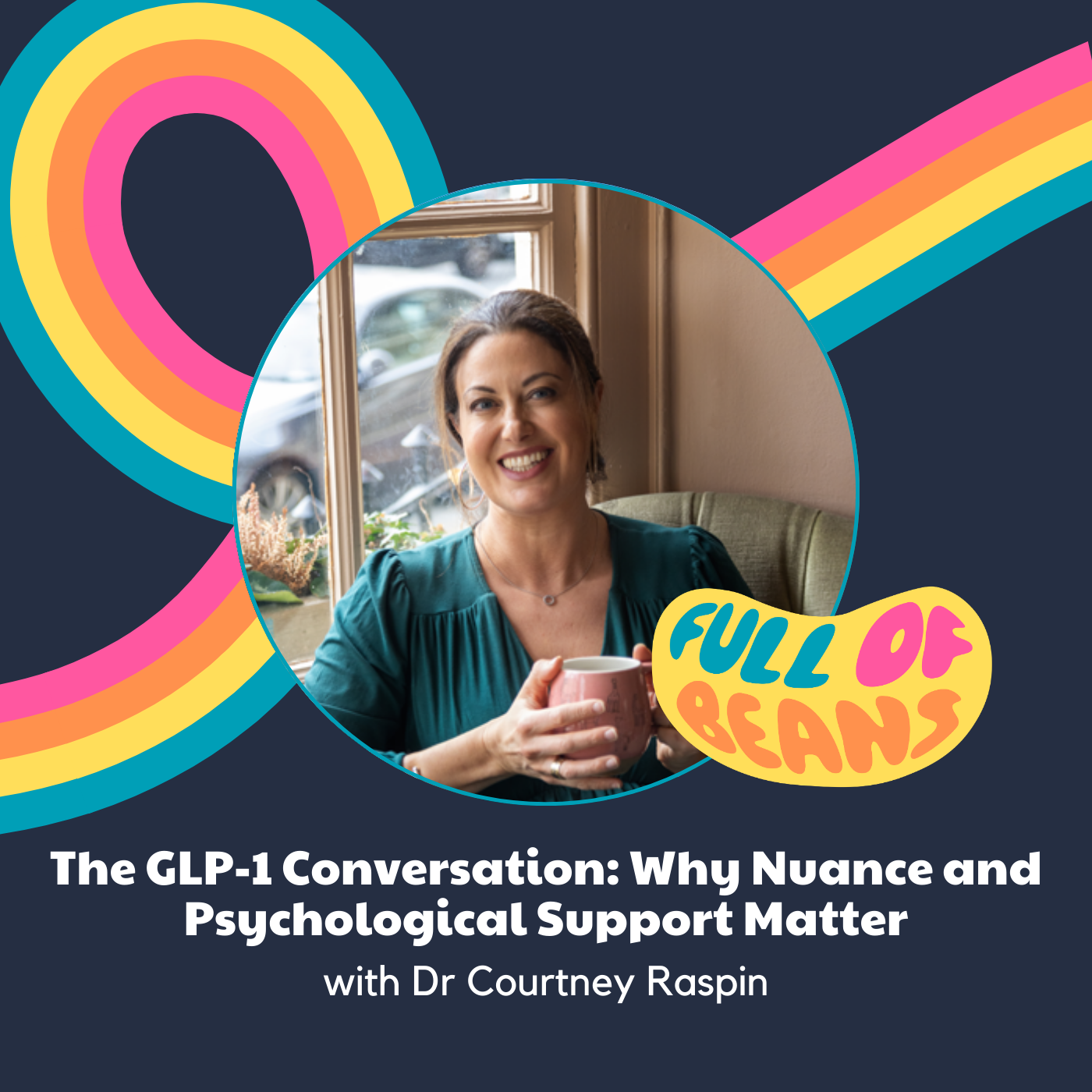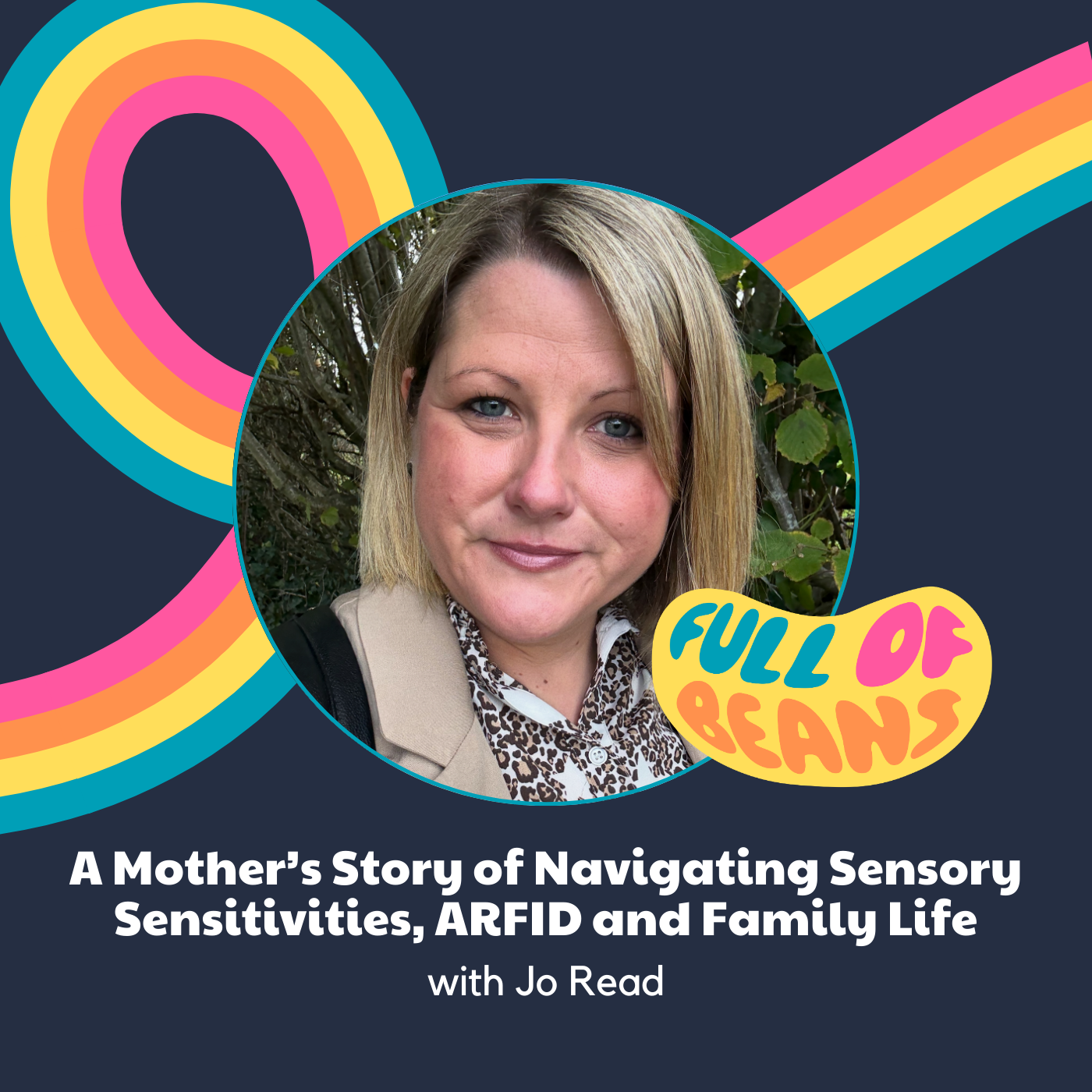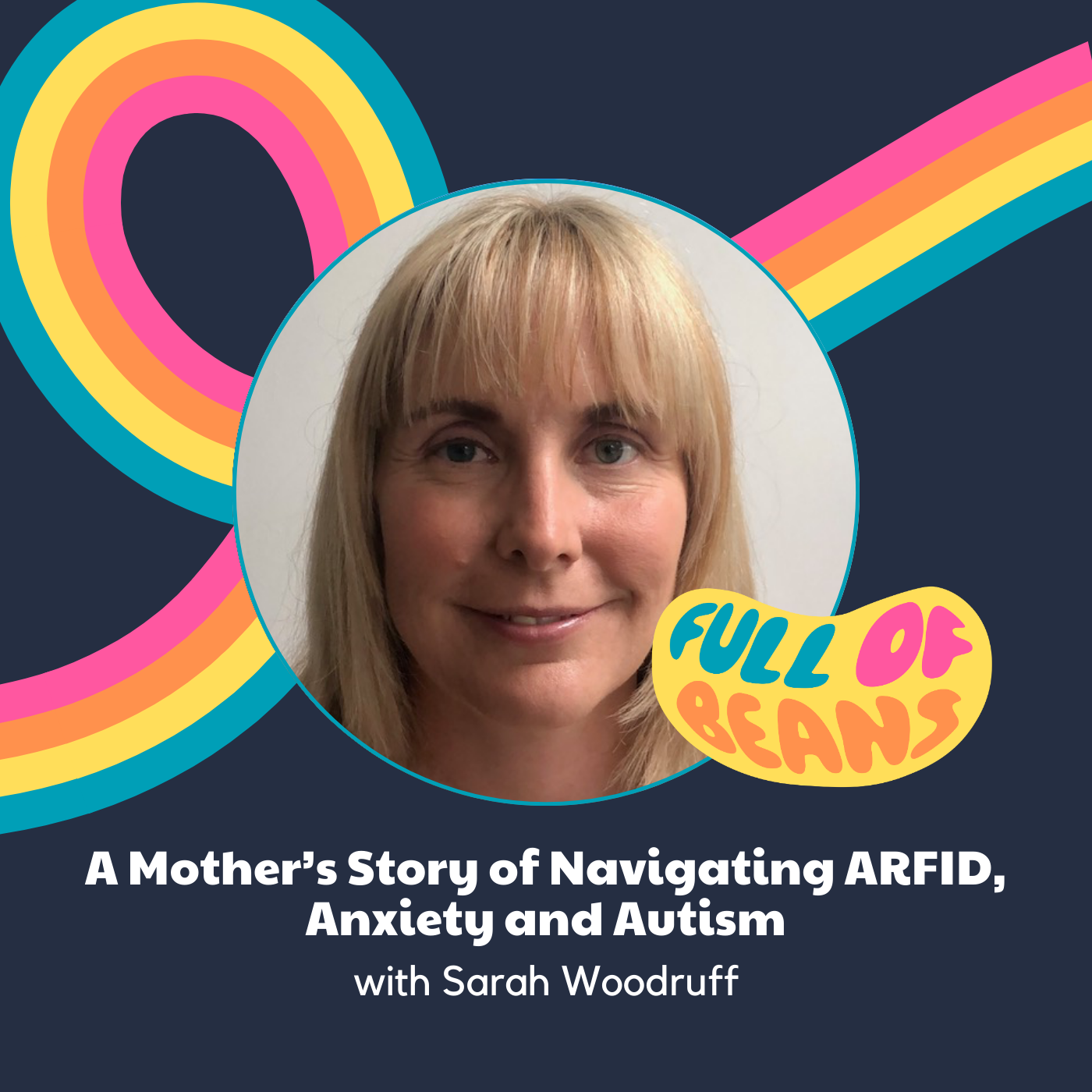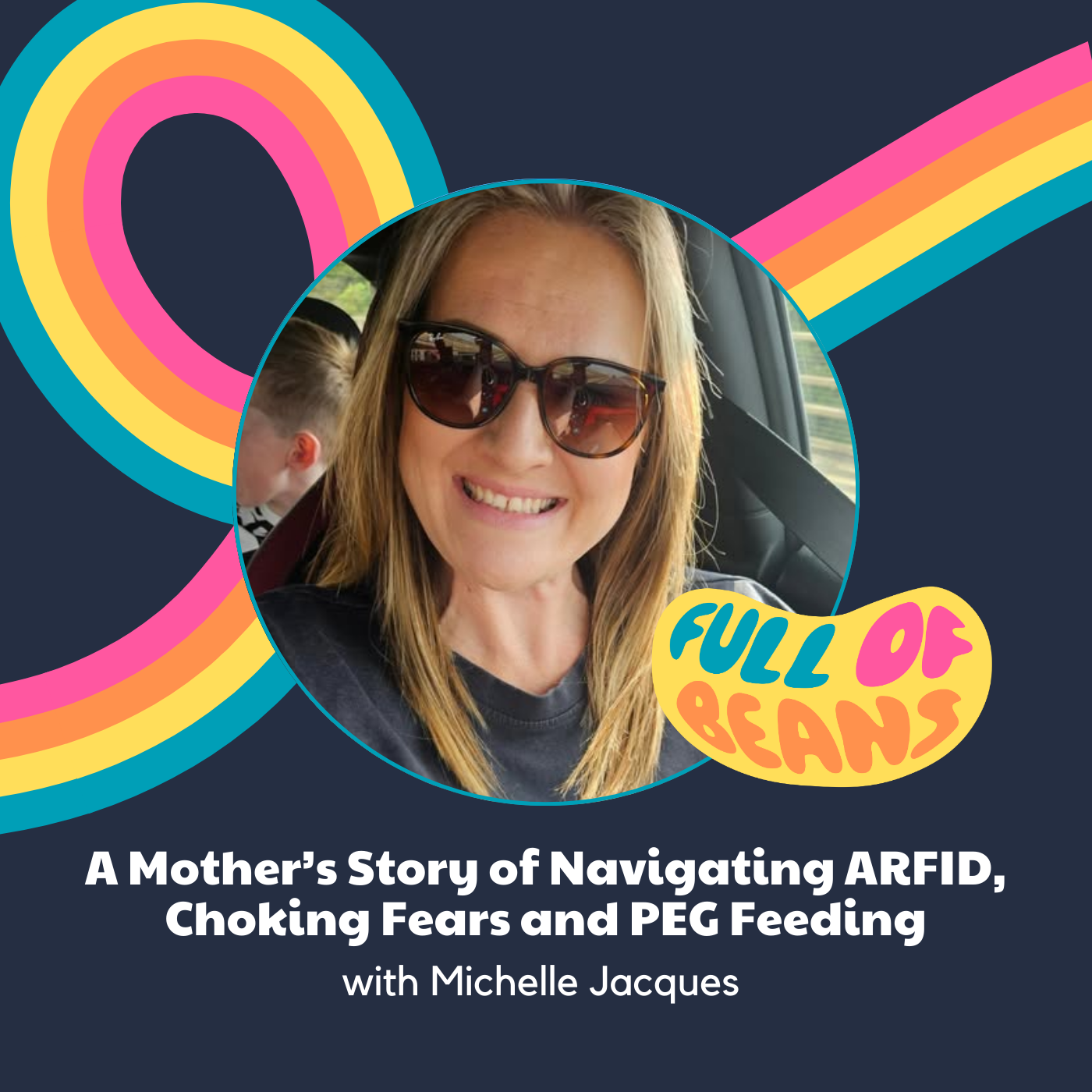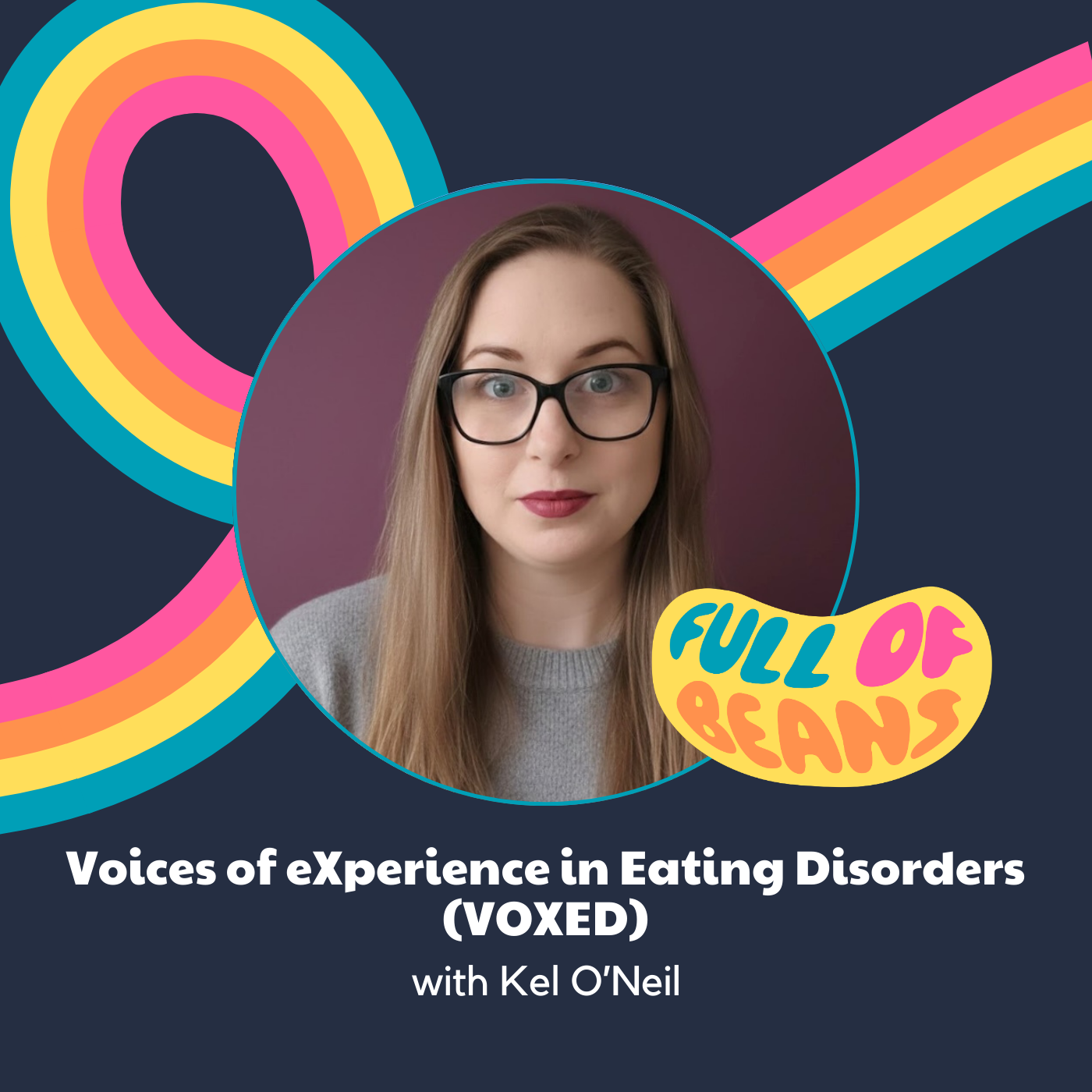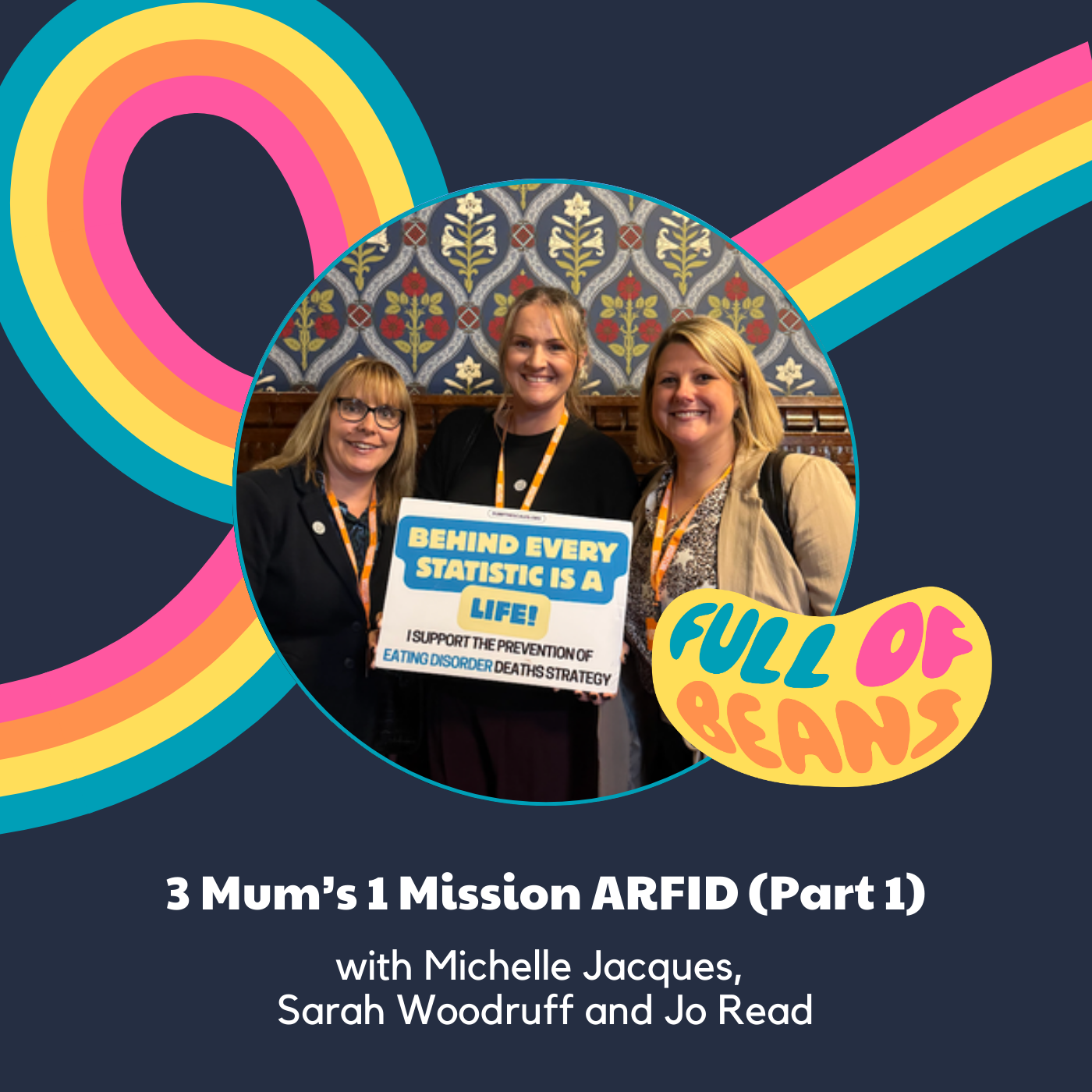What Does an Eating Disorder Dietitian Really Do?
Do we really need to run for the hills when we hear the word dietitian?
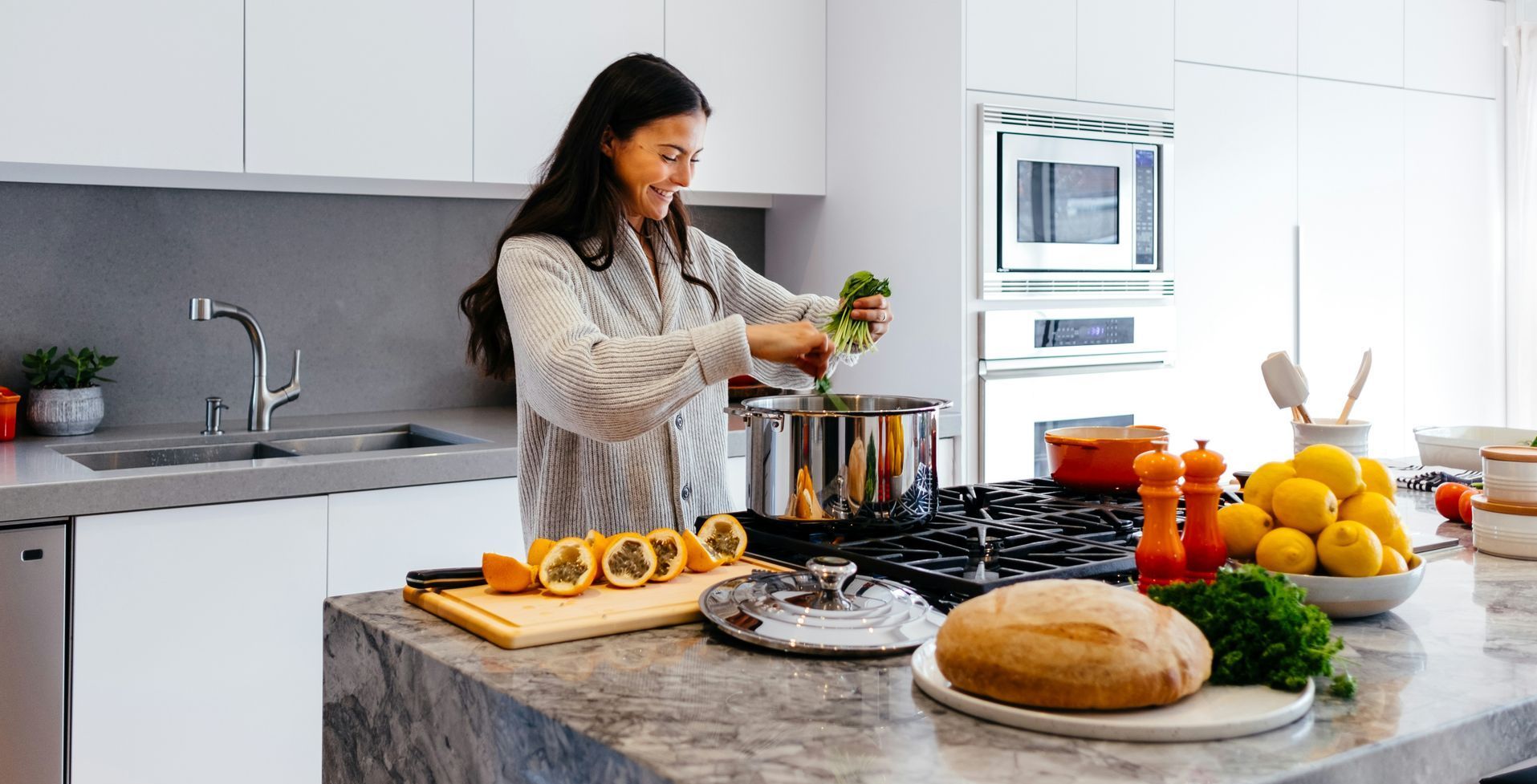
When we think about dietitians, many of us picture food pyramids, portion control, and healthy eating guidelines. But for those navigating eating disorder recovery, the role of a dietitian goes far deeper. Often, it involves fear, increased meal plans and weight gain. But is that really all the role involves, and should we really be so fearful in recovery. Ultimately, recovery isn't just about weight gain, so a dietitian's role isn't either.
In a recent episode of the Full of Beans podcast, we sat down with Sarah Elder, a registered eating disorder dietitian and advanced clinical practitioner, to explore what this vital role truly entails.
More Than a Meal Plan
Sarah began by sharing a common misconception: that eating disorder dietitians simply prescribe meal plans. While meal plans can be a part of treatment, Sarah emphasises that they are just one tool in a much broader, highly individualised approach.
“It’s not just about what you eat. It’s about why, how, and what that food means to you.” – Sarah Elder
In eating disorder care, food choices are deeply emotional and tied to personal values, fears, and past experiences. A good dietitian explores these layers, using psychoeducation to help individuals understand the why behind their nutritional needs.
Trauma-Informed, Compassionate Care
Sarah's mission is clear: to ensure nutrition professionals receive accurate, accessible training in eating disorders. She advocates for trauma-informed nutrition, which means recognising how past trauma (including trauma from treatment) can affect a person's relationship with food.
Key elements of trauma-informed care include:
- Creating a safe and collaborative environment
- Empowering clients with voice and choice
- Avoiding rigid, one-size-fits-all recommendations
- Being culturally sensitive and inclusive
As Sarah points out, "If someone already feels alienated or unsafe, prescribing a standard Western meal plan won't support true recovery."
Navigating Gastrointestinal Challenges
One of the most overlooked aspects of ED recovery is the gastrointestinal (GI) distress many experience. Sarah explained that painful bloating, constipation, and discomfort are common, especially when reintroducing previously restricted foods.
Rather than dismiss these symptoms, Sarah emphasises:
- Educating clients on gut-brain connection
- Exploring options beyond elimination diets (like FODMAP)
- Integrating somatic support and stress-reduction techniques
These symptoms aren’t just physical, they can reinforce disordered behaviours if not handled with care.
Building Trust and Therapeutic Alliance
A standout theme in our conversation was the importance of relationships. Dietitians like Sarah aim to build trust over time, rather than becoming the "food police."
This might involve:
- Checking in on a client’s life, not just their food log
- Collaborating with therapists and occupational therapists
- Supporting behavior change gradually and respectfully
For Sarah, "success" isn't about hitting calorie goals; it's about clients returning to things they love, art, horse riding, community.
Real Food, Real People
Sarah also shared insights on tailoring nutritional care to real lives:
- Respecting cultural food norms and family dynamics
- Avoiding assumptions (e.g., not all ED patients prefer veggies!)
- Revisiting decisions like vegetarianism to explore underlying motivations
The goal? A relationship with food that is flexible, empowered, and rooted in self-trust.
Whether you're a professional working in ED care, someone supporting a loved one, or on your own recovery journey, Sarah's insights are a powerful reminder that healing is not one-size-fits-all. It requires curiosity, compassion, and connection, all of which a good dietitian brings to the table.
🎧 Listen to the full episode with Sarah on Full of Beans to hear this conversation in full.
You can also connect with Sarah on Instagram (@saraheldernutrition), or visit her website (saraheldernutrition.co.uk).
Sending positive beans your way,
Han 💛

